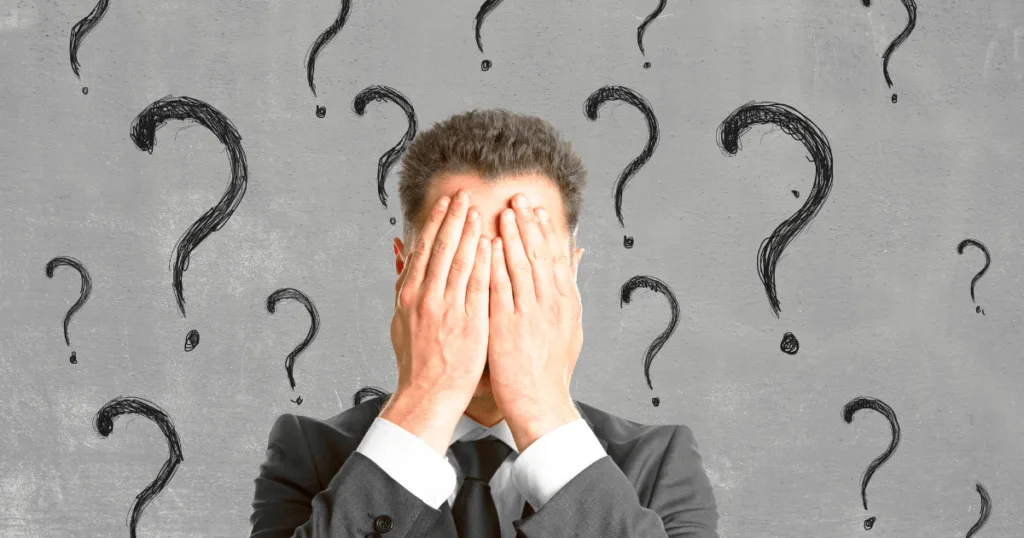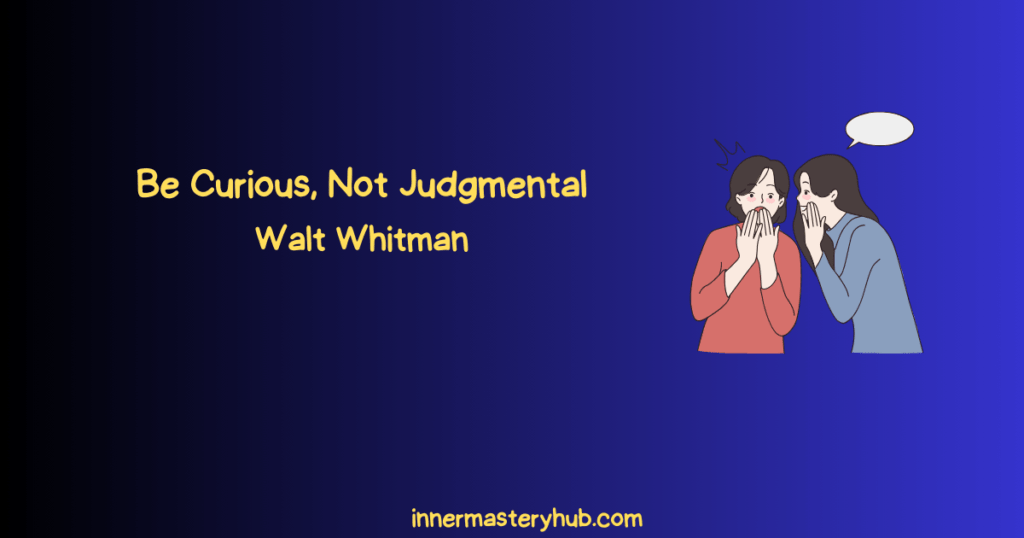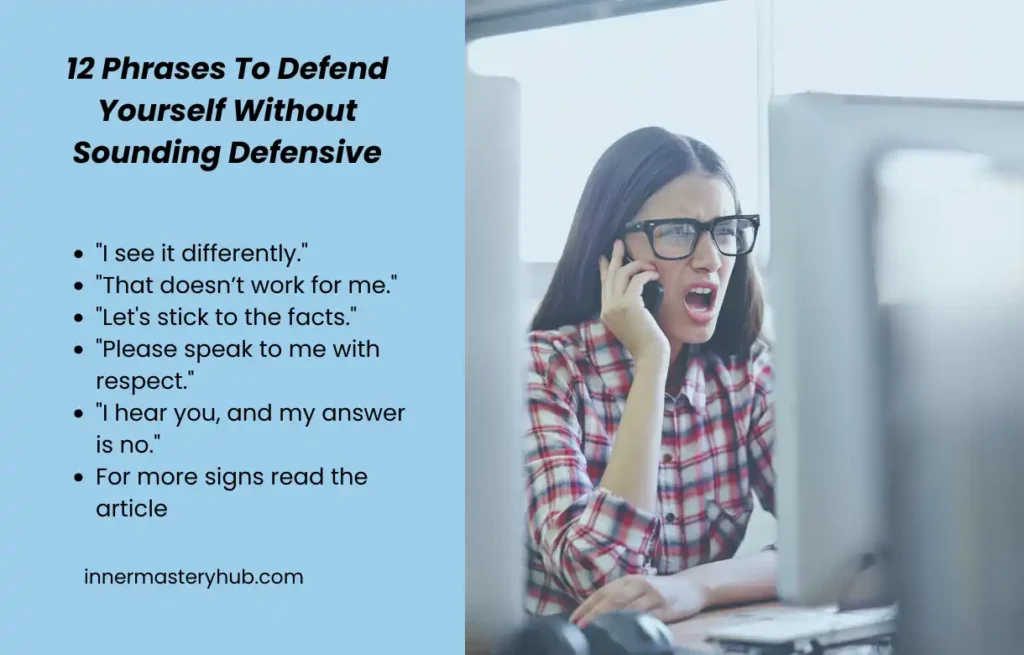Fear of Power? Stop Shrinking Secretly Without Guilt

Many people don’t realise they have a fear of power, but it quietly shapes how they live and lead. This fear makes you hide your ideas, doubt your worth, or avoid standing out. It isn’t weakness — it’s a sign of past worry or self-protection. Understanding the fear of power helps you grow, trust yourself more, and use your strength in ways that feel natural and good.
What is Fear of Power?
Marianne Williamson wrote, “Our deepest fear is not that we are inadequate. Our deepest fear is that we are powerful beyond measure.”
Fear of power is a mental health issue defined by an unreasonable or excessive dread of power or influential people. It can appear in a variety of ways, including anxiety, panic attacks, and avoidance of situations with power.
People afraid of power may shun leadership positions, avoid being in the spotlight, or be hesitant to make decisions. They may also be wary of persons in positions of power, believing that they are constantly attempting to influence or dominate others.
Causes of fear of power
Power fear can be caused by many reasons, including:
Personal experiences
Traumatic power experiences, such as abuse or neglect, might increase the likelihood of developing a fear of power.
Cultural influences
Some civilisations instil fear of power and authority in their followers. In some cultures, children are trained to respect their parents and elders. This can result in a dread of power as an adult.
Mental Health Conditions
Fear of power has been linked to a variety of mental health issues, including anxiety disorders, social anxiety disorder, and post-traumatic stress disorder (PTSD).
11 signs you have a fear of power
Here are 11 signs you have a fear of power:
1. You avoid leadership roles
A clear sign you have a fear of power is when you avoid taking charge, even when you know you can. You might turn down promotions, leadership chances, or group decisions because you feel uncomfortable leading others or worry about what people will think of you.
2. You doubt your own abilities
If you keep thinking you’re not good enough, even when others trust you, it may mean you have a fear of power. You often question your skills or second-guess decisions because deep inside, you feel unsafe being the one in control.
3. You hide your ideas
People with a fear of power often stay quiet, even when they have strong ideas. You may refrain from speaking up in meetings or sharing your thoughts because you fear attention, judgment, or being perceived as too confident.
4. You feel guilty for success
If you feel bad or uncomfortable when you achieve something, it may show you have a fear of power. You might think success will make others jealous, upset, or distant, so you shrink your wins instead of feeling proud.
5. You let others decide for you
When you always let others choose for you, it’s a sign that you have a fear of power. You might prefer someone else to take control because it feels easier and safer, even when you know you could make the right choice yourself.
6. You avoid conflict
If you fear power, you may try to maintain peace at all costs. You avoid saying “no” or standing firm because you worry it will upset someone. This makes you hold back your accurate opinions to stay liked or accepted.
7. You downplay your strengths
A person with a fear of power often hides their talents or talks themselves down. You may say things like “I just got lucky” or “It’s not a big deal,” even when you’ve worked hard. You fear being seen as attention-seeking or powerful.
8. You feel unsafe being seen
If you have a fear of power, you may feel nervous when people notice you. Compliments, praise, or public attention might make you uncomfortable. You may prefer to stay invisible because being seen feels like pressure or risk.
9. You overthink every decision
People with a fear of power often get stuck in overthinking. You worry too much about making mistakes or upsetting others, so decisions feel heavy. You may need to delay action or require constant reassurance before taking on anything important.
10. You depend too much on approval
If you fear power, you often need others to tell you you’re right or good enough. You might seek validation before acting, fearing that independence will lead to rejection or judgment. This stops you from trusting yourself fully.
11. You fear being “too much”
Many with a fear of power believe that showing confidence or strength makes them look bossy or selfish. You hold yourself back to seem humble or friendly, even when it hurts your progress. You worry that your full power might push people away.

How to deal with the fear of power
1. Admit you have a fear of power
The first step is to be honest with yourself. Notice the moments you hold back or shrink away from leadership. Accepting that you have a fear of power doesn’t make you weak — it shows you’re aware and ready to grow beyond it.
2. Understand where it comes from
Think about when you first started feeling afraid of standing out or leading. It may come from childhood, past criticism, or fear of failure. Knowing the source of your fear of power helps you understand it’s learned, not permanent.
3. Redefine what power means
Many people view power as control or dominance, which can be intimidating. Try to see it instead as confidence, responsibility, or positive influence. When you view power as something kind and valuable, your fear of power starts to fade.
4. Take small steps toward leadership
Start with small actions that build confidence — speak up in meetings, make simple decisions, or take charge of a small task. Each step reduces fear of power by proving you can lead without harm or judgment.
5. Practice speaking up
Use your voice even in small ways. Share your ideas, ask questions, or express your opinions in a kind manner. Each time you speak up, you remind yourself that power doesn’t have to mean control — it can mean honesty and courage.
6. Let go of guilt about success
You deserve your wins. Stop apologising for doing well or being noticed. Remind yourself that success benefits not only you, but also others. When you celebrate your growth, fear of power loses its hold.
7. Stop needing everyone’s approval
Not everyone will agree with you, and that’s okay. People with a fear of power often worry too much about being liked. Learn to trust your choices even if others don’t support them. Self-trust makes your power feel safer.
8. Remember mistakes are normal
Fear of power often grows from fear of failure. However, everyone makes mistakes, even the strongest leaders. Each mistake is a lesson, not a disaster. The more you accept this, the easier it becomes to use your power with confidence.
9. Surround yourself with supportive people
Spend time with people who encourage your growth, rather than those who make you feel small. Supportive friends and mentors remind you that your power is valuable and safe to use.
10. Practice confidence daily
Confidence grows with small daily habits. Stand tall, breathe deeply, and remind yourself you are capable. When you practice confidence, your fear of power gradually gives way to a sense of calm control.
11. Use your power to help others
The best way to overcome power fears is to use it for good. Help, guide, or support others using your strengths. When power feels like service, not selfishness, it becomes natural and no longer frightening.
The Emotional and Psychological Toll
This includes:
Anxiety and stress. Individuals who fear power may feel powerless when surrounded by influential people. This can hinder their daily life.
Social isolation. People who fear power may avoid social events where they feel compelled to comply or be around influential individuals. It can cause social isolation and loneliness.
Low self-esteem. People who fear authority may feel inferior to those in power and believe they are unworthy of achieving or experiencing happiness. Depression and low self-esteem can result.
Relationship issues. Power fear can disrupt partnerships. A person fearful of power may be hesitant to assert themselves in a relationship or suspicious of their partner’s intentions. It can cause tension and animosity.
In addition to the emotional and psychological costs, a fear of power can negatively impact one’s job and social life. Fear of authority may prevent people from leading or speaking up in meetings. They may also network less with influential people. This can hinder their success and growth.
Power costs more than just the one who fears it. It can also harm others. A person who fears power may bully or manipulate others to compensate for their own feelings of powerlessness. They may also evade responsibility and decision-making. Everyone involved may experience a hazardous work or social environment.
Professional help is needed for a phobia of power. A therapist can help you understand and manage your fear. You can conquer your fear and live more fully with time and effort.
FAQs about Fear of Power
What is “fear of power”?
Fear of power refers to the reluctance or anxiety someone feels about gaining or exercising authority or influence. It may stem from concerns about responsibility, judgment, losing control, or hurting others—even when the person can lead or influence.
Why do some people fear their own power?
People often fear their own power because they worry about misusing it, drawing unwanted attention or criticism, or stepping outside their comfort zone. Early messages (e.g., “don’t stand out”) can make power feel unsafe.
How does fear of losing power affect leaders?
When leaders fear losing power, research shows they may resort to self-serving or controlling behaviour to protect their position. This fear can undermine trust and effective leadership.
Can fear be transformed into power?
Yes — fear can serve as a signal of growing power and motivation. By acknowledging it, reframing it, and taking action despite it, one can convert fear into purposeful influence.
Does fearing power mean you have no control?
Not necessarily. In fact, fearing power often means you do have control (or potential) but are hesitant to claim it. The fear signals an upcoming step into influence or leadership.
How do childhood experiences affect fear of power?
Childhood messaging about not showing off, being “too much,” or being punished for assertiveness can condition someone to fear power and authority. These early patterns influence adult beliefs about being seen or taking space.
What signs indicate someone fears their power?
Signs may include hesitation to speak up, shrinking into the background, sabotaging successes, avoiding leadership opportunities, or feeling guilty when they’re in command. These often reflect underlying discomfort with power.
Is it healthy to want power while fearing it?
Yes—it’s familiar and routine. Wanting influence but fearing what it brings shows awareness. The key is balancing power with values and being mindful of how you wield it. Fear can help you wield power responsibly, not avoid it.
How can someone overcome the fear of power?
The process involves self-reflection, identifying limiting beliefs, reframing power as a service rather than a threat, taking small leadership actions, and celebrating wins. Gradual exposure builds comfort.
What’s the risk of not addressing the fear of power?
If unaddressed, fear of power can lead to under-utilising one’s gifts, staying stuck, self-sabotage, or avoiding leadership that could help others. It can also allow others to fill the gap, leaving you with passive frustration.






